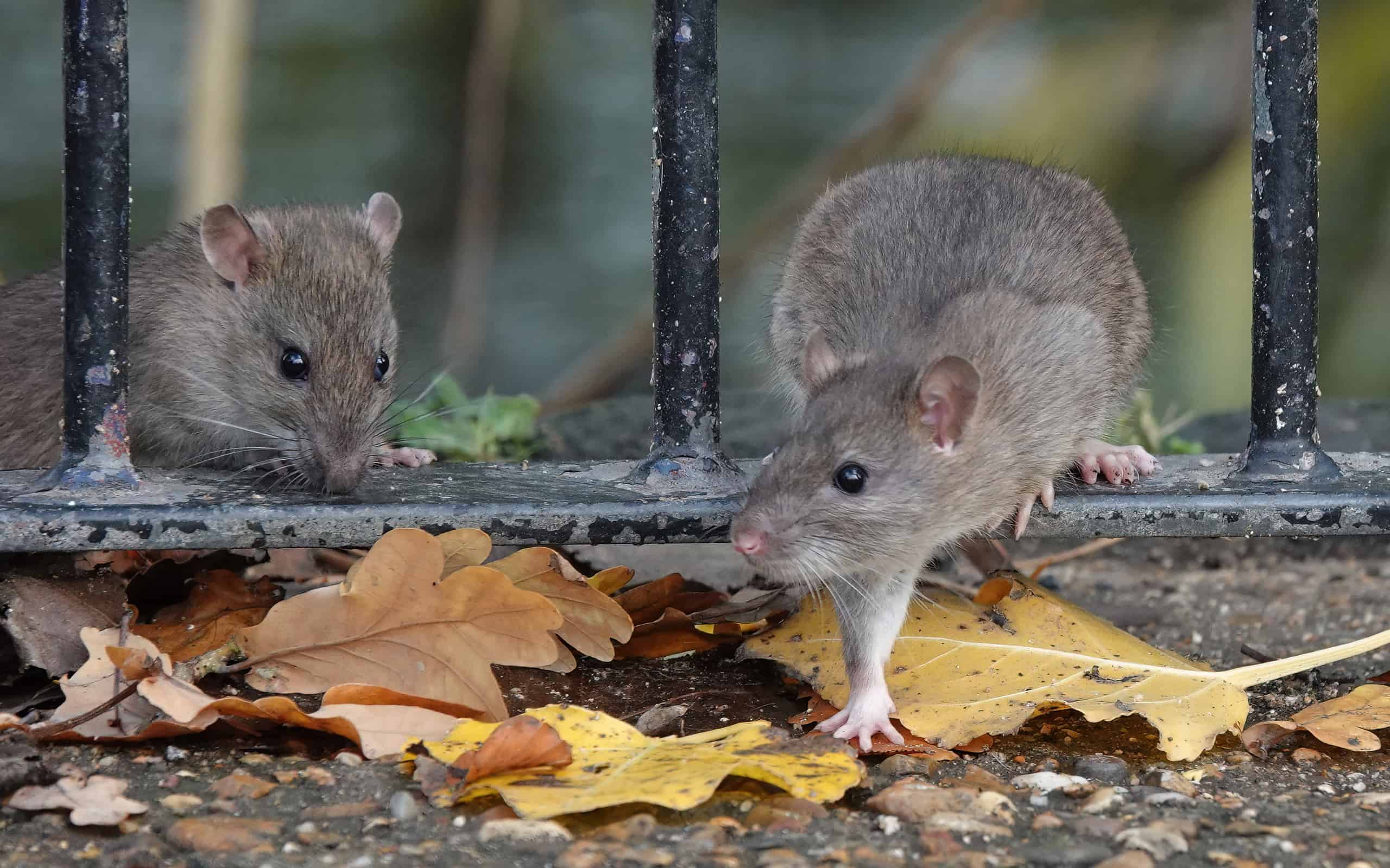As the winter season approaches, so does its inclement weather. The changing of the seasons indicates many things, but one of those things is the risk of some very common winter infestations. One might assume that most critters hibernate during the winter months, but that isn’t always the case. In fact, your risk of getting a winter infestation might actually be higher than during the summer. In this article, we’ll be detailing five of the most common winter infestations, and what to do if you happen to experience one.
Why are some infestations more common in the winter?
The answer to this common question is simpler than you’d think. Winter comes with colder weather, fewer opportunities for food, and harsh conditions to build or find shelter. When a creature searching for food and warmth finds your home, why wouldn’t they attempt to set up shop there? There might not be anything in particular that you’re doing to encourage these pests, and your home has simply become a victim of circumstance.
Rodents
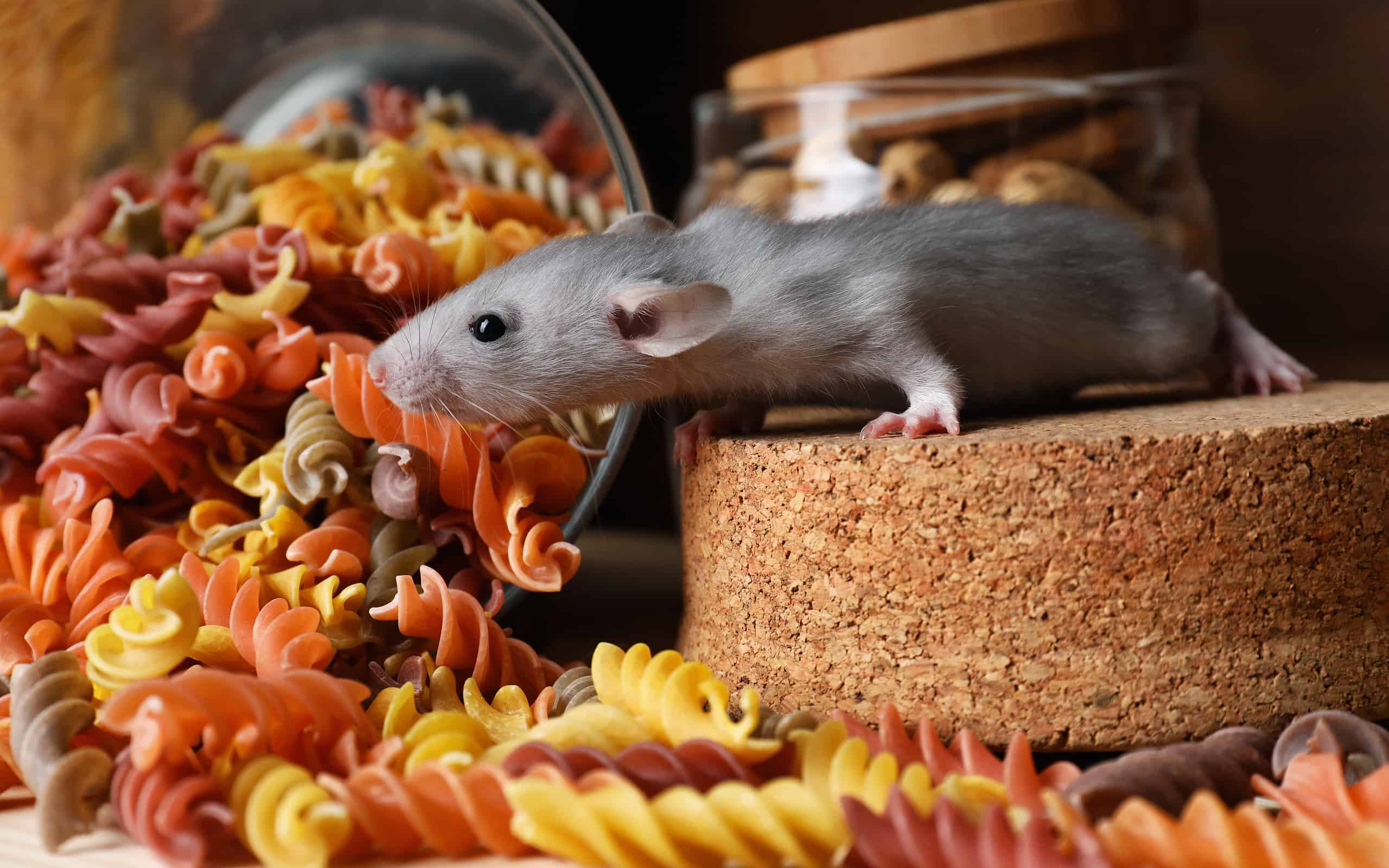
Rodent infestations are simultaneously some of the most common and some of the most inconvenient.
©Liudmila Chernetska/iStock via Getty Images
Whether it’s house mice or rats, there’s no better time for rodents to set up their nests in the warmth of your home than during the cold winter months. Attracted to dark and secluded spaces like attics and basements, many don’t realize they have these unwelcome guests until their numbers have grown unruly.
One of the most inconvenient kinds of infestations, rodents can do a great deal of structural damage to your home in a short period of time. Key structures like wires, insulation, and even plastic can be chewed through with great ease by these pesky creatures. Simple precautionary measures like sealing cracks and holes, closing off any potential food sources, and conducting regular inspections can make all the difference when it comes to keeping out these relentless critters.
Ants
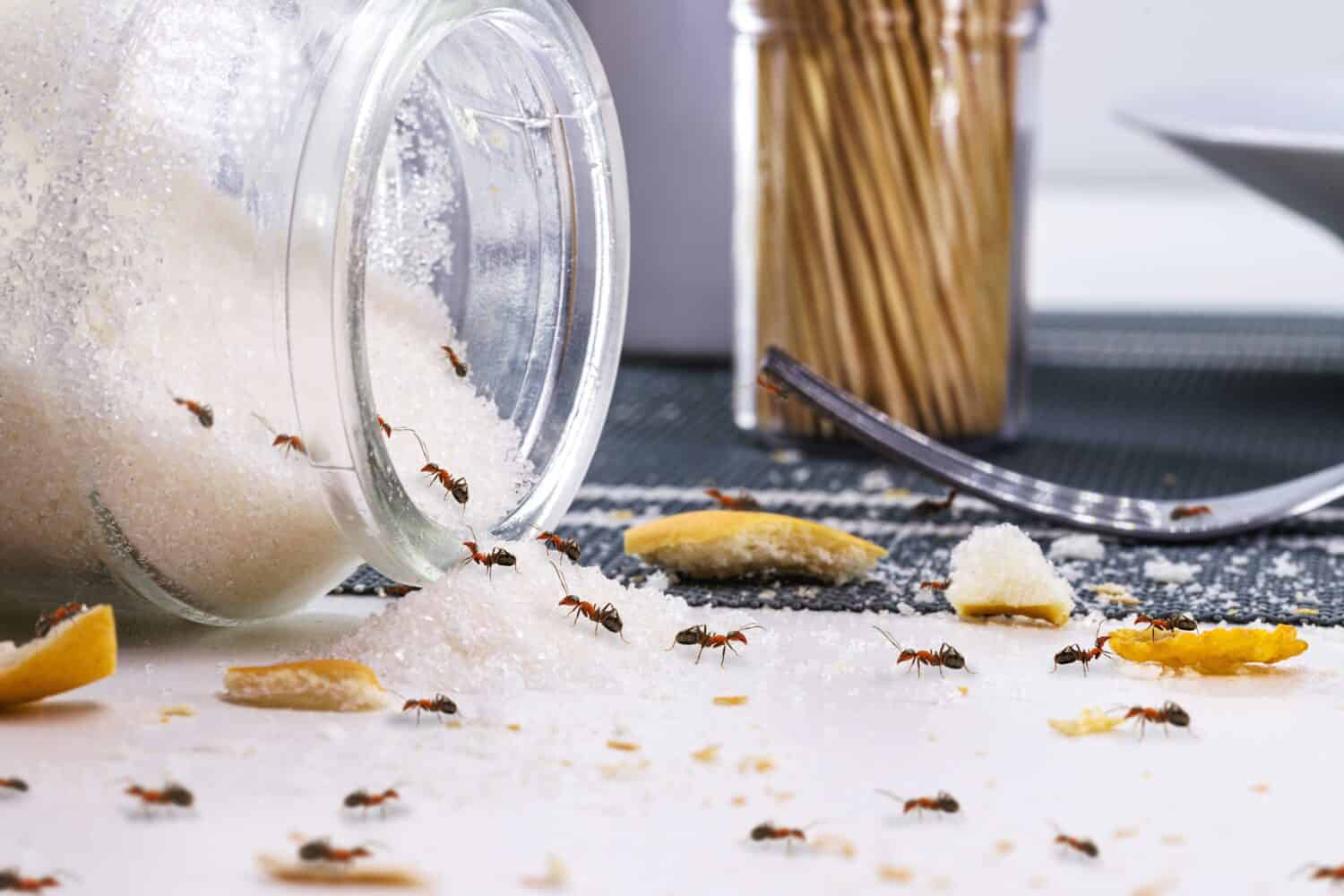
Once ants realize that there’s delicious food to be found in your pantry, they’ll desperately try to break in and get some!
©RHJPhtotos/Shutterstock.com
There are certainly some bugs that can’t survive throughout the winter, as their small bodies cannot bear the changes in temperature. However, ants are surprisingly resilient, and the cold winter weather only further incentivizes them to find shelter more quickly. Some kinds of ants, like the carpenter ants, create nests near homes and then move once they realize that the human household is abundant with the resources they need for survival.
To avoid ant infestations during the winter, it’s advisable to secure all entrances and exits from your home, including small cracks you might not have paid attention to before. Keeping your kitchen secure is the most important- the food draws in the ants more than anything else.
Cockroaches
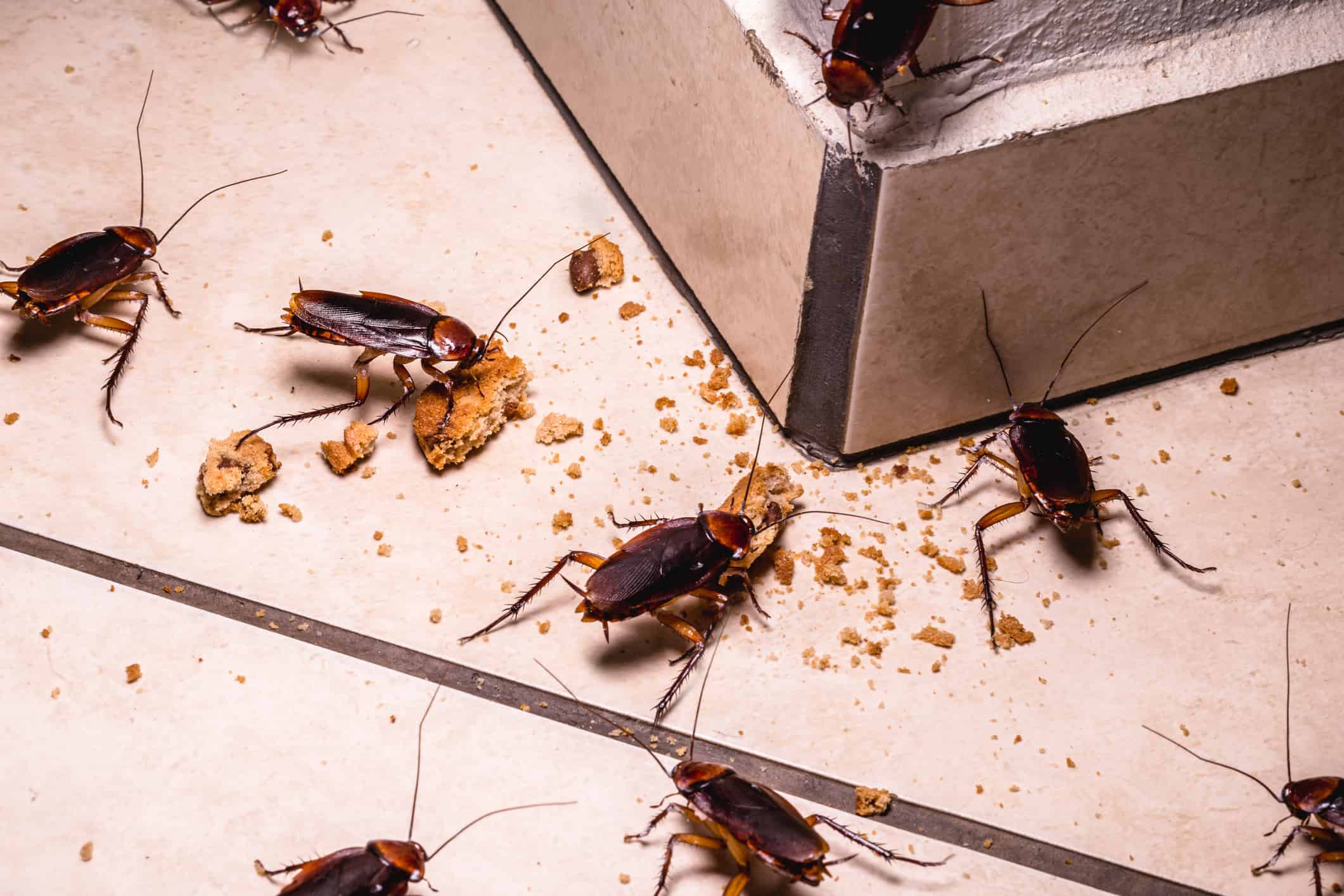
A sneaky
cockroach
can get into your home using a number of clever tactics.
©iStock.com/RHJ
To the cockroach, a human home is the perfect place to live. These are insects that value warm, enclosed spaces close to food sources and moisture, all of which a human home contains. These conniving creatures manage to sneak into homes in a multitude of ways- obviously, they climb in through windows, doors, and cracks in the wall, but they can also hitch a ride inside through mailed packages or shopping bags.
There are many steps that you can take to protect your home against potential cockroach infestations. Some of the best are sealing any garbage cans and food cabinets, keeping your surfaces free of crumbs and debris, and trying to pay extra close attention to bathrooms. Cockroaches love moisture, so damp areas are going to be their favorite spots to hang out.
Ladybugs
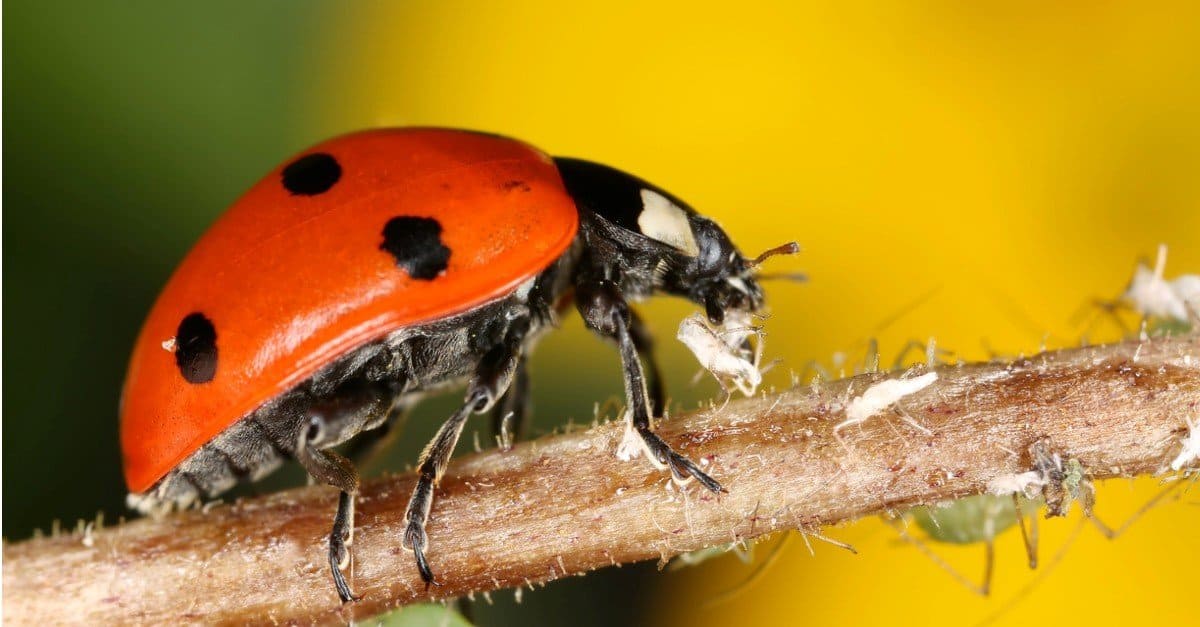
While a ladybug infestation isn’t as harmful as others, it certainly isn’t an enjoyable experience.
©iStock.com/Henrik_L
Our next common winter infestation might not initially sound too harmful. In fact, there are many who would enjoy having a ladybug or two around, especially due to their association with luck. While two ladybugs might be a delight, what about two hundred? As odd as it may sound, this relatively harmless insect can go from adorable to frightening once they’ve infested a home.
The only upside to finding your home infested with ladybugs is that, in truth, they won’t do anything directly destructive. They won’t eat your fabrics, for instance, or cause any damage to the structure of your home. The most unpleasant part about a ladybug infestation is the musky, odd odor that they tend to emit- an odor that becomes more noticeable the more concentrated it becomes. This, in tandem with their sheer volume and the disgusting stains they can leave, is reason enough to want to avoid an extended visit from these lucky bugs.
Raccoons
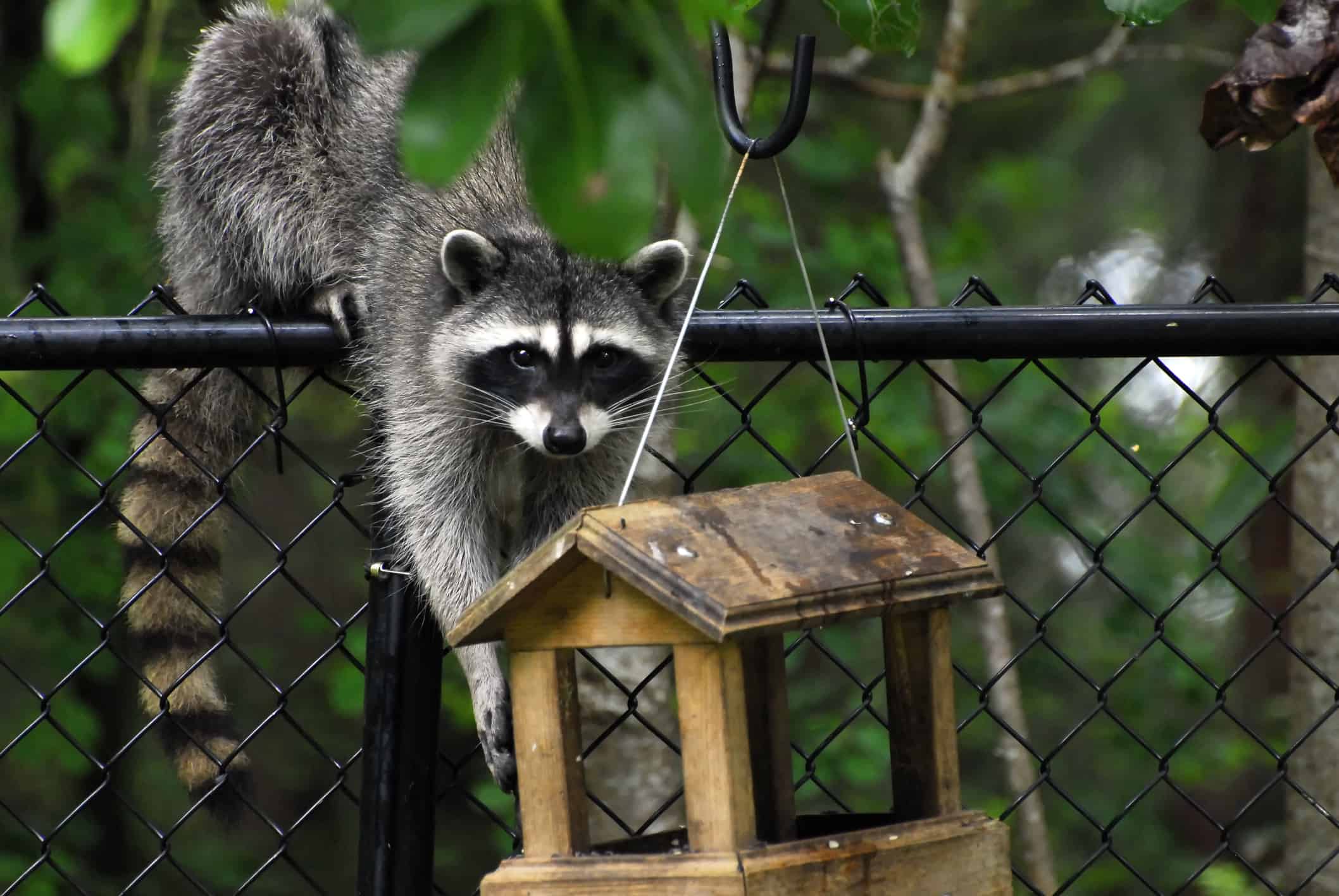
Raccoons are known to be crafty, so make sure you keep your food and trash locked up!
©Edward Palm/iStock via Getty Images
Our last common winter infestation isn’t one that most people think of. During the winter months, raccoons begin to desperately search for nearby food sources. Your home happens to have many things that raccoons find delicious. This is especially likely if you don’t keep your trash secure, or if you produce an abundant amount of trash on a regular basis. These clever creatures can sneak through chimneys or dog doors to get in on the action. Securing your food and trash is the best way to prevent these curious creatures from paying you a visit.
Thank you for reading! Have some feedback for us? Contact the AZ Animals editorial team.

